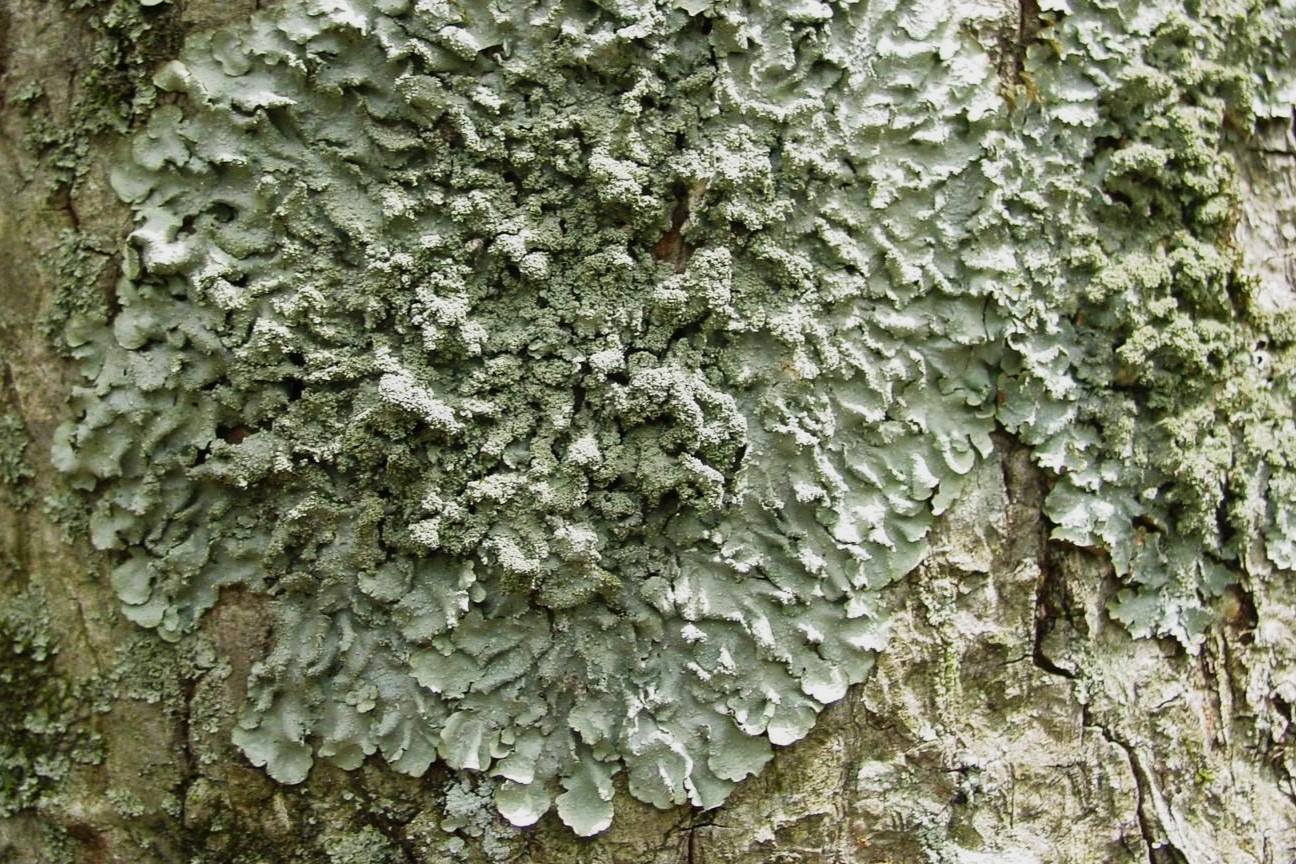
Lichesterol might sound like a tongue-twister, but it's a fascinating topic worth exploring. Ever wondered what lichesterol is? Lichesterol is a unique compound found in lichens, those quirky organisms that are a mix of fungi and algae. These compounds play a crucial role in the survival of lichens in harsh environments. From ancient times, lichens have been used in traditional medicine, and modern science is now uncovering their potential benefits. Lichesterol has shown promise in areas like anti-inflammatory treatments and even cancer research. Ready to dive into 30 intriguing facts about this remarkable substance? Let's get started!
Key Takeaways:
- Lichesterol is a special compound found in fungi that helps keep their cell membranes strong and functioning properly. Scientists are studying it to develop better treatments for fungal infections.
- Understanding lichesterol's role in fungi could lead to new ways to diagnose and treat fungal infections. It's like a secret code that scientists are trying to crack to help keep us healthy.
What is Lichesterol?
Lichesterol is a fascinating compound that has piqued the interest of scientists and health enthusiasts alike. It plays a crucial role in various biological processes and has unique properties worth exploring.
- Lichesterol is a type of sterol, a subgroup of steroids, found in the cell membranes of fungi.
- It is structurally similar to cholesterol, which is found in animal cells.
- Unlike cholesterol, lichesterol is not synthesized by humans or animals.
- It is essential for maintaining the integrity and fluidity of fungal cell membranes.
- Lichesterol is often used as a biomarker to identify and study fungal infections.
How is Lichesterol Synthesized?
The synthesis of lichesterol involves a series of complex biochemical reactions. Understanding these processes can shed light on its unique properties and functions.
- Lichesterol is synthesized through the mevalonate pathway, a crucial metabolic route in fungi.
- The process begins with the conversion of acetyl-CoA to mevalonate.
- Mevalonate is then transformed into isopentenyl pyrophosphate (IPP).
- IPP undergoes several enzymatic reactions to form squalene.
- Squalene is then cyclized to produce lanosterol, the precursor of lichesterol.
Role of Lichesterol in Fungi
Lichesterol plays a pivotal role in the survival and functionality of fungal cells. Its presence is vital for various cellular processes.
- It helps maintain the structural integrity of fungal cell membranes.
- Lichesterol regulates membrane fluidity, ensuring proper cell function.
- It is involved in the formation of lipid rafts, which are essential for cell signaling.
- Lichesterol also plays a role in the transport of proteins and lipids within the cell.
- It is crucial for the proper functioning of membrane-bound enzymes.
Lichesterol and Human Health
Although lichesterol is not synthesized by humans, it has significant implications for human health, particularly in the context of fungal infections.
- Lichesterol is a target for antifungal drugs, which aim to disrupt its synthesis.
- Inhibiting lichesterol synthesis can weaken fungal cell membranes, leading to cell death.
- Some antifungal medications, like azoles, specifically target enzymes involved in lichesterol synthesis.
- Research on lichesterol has led to the development of more effective antifungal treatments.
- Understanding lichesterol's role in fungi can help in diagnosing and treating fungal infections.
Interesting Facts About Lichesterol
Beyond its biological significance, lichesterol has some intriguing aspects that make it a subject of ongoing research and curiosity.
- Lichesterol was first identified in the 1950s during studies on fungal cell membranes.
- It is named after the lichens, a symbiotic association of fungi and algae, where it was initially discovered.
- Lichesterol's structure is remarkably similar to that of cholesterol, with only minor differences.
- It is not found in plants, highlighting its unique presence in fungi.
- Lichesterol can be used as a biomarker to differentiate between fungal and bacterial infections.
Future Research on Lichesterol
The study of lichesterol is far from complete. Ongoing research continues to uncover new insights and potential applications.
- Scientists are exploring the role of lichesterol in fungal resistance to antifungal drugs.
- There is interest in understanding how lichesterol interacts with other sterols in fungal cells.
- Research is being conducted to develop new drugs that target lichesterol synthesis more effectively.
- Studies are investigating the potential use of lichesterol as a diagnostic tool for fungal infections.
- Future research may reveal more about the evolutionary significance of lichesterol in fungi.
Final Thoughts on Lichesterol
Lichesterol, a lesser-known compound, holds fascinating secrets. From its unique role in cell membranes to its potential health benefits, this molecule deserves more attention. Scientists continue to uncover its mysteries, revealing how it impacts our bodies and overall well-being. Understanding lichesterol can lead to better health insights and innovations in medicine.
Whether you're a science enthusiast or just curious, knowing about lichesterol adds a new layer to your knowledge. It’s not just another chemical; it’s a key player in the intricate dance of life. Keep an eye on future research, as lichesterol may soon become a household name in health discussions.
Stay curious, keep learning, and remember, even the smallest molecules can have a big impact. Lichesterol proves that sometimes, the most intriguing facts are hidden in plain sight.
Frequently Asked Questions
Was this page helpful?
Our commitment to delivering trustworthy and engaging content is at the heart of what we do. Each fact on our site is contributed by real users like you, bringing a wealth of diverse insights and information. To ensure the highest standards of accuracy and reliability, our dedicated editors meticulously review each submission. This process guarantees that the facts we share are not only fascinating but also credible. Trust in our commitment to quality and authenticity as you explore and learn with us.
